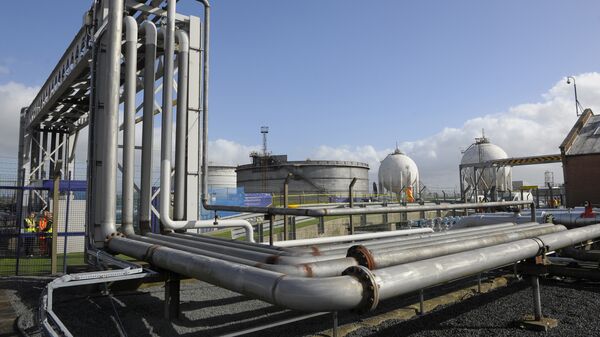The fall in oil prices to almost $30 per barrel in the wake of OPEC oil producers’ failure to agree on deeper production cuts threatens Russia with a budget deficit and devaluation, Dmitry Marinchenko, the head of natural resources and commodities at Fitch Ratings, said on Monday.
"It is unlikely that Moscow expected oil prices to drop to almost $30, this is probably a very unpleasant surprise, including for those who made the decision to exit the deal. This [price] level cannot be exactly called comfortable for Russia, at a price of $30 Russia faces a budget deficit and devaluation, and talks will begin on increasing the tax burden for oil companies," Marinchenko said.
Marinchenko added that the currents oil market crash would not impact the shale industry, but rather make it stronger, as it was in 2015-2016, and when the prices rise again, shale mining will start to grow.
"At such low prices, shale oil producers will begin to reduce production, but it will only happen closer to the end of the year. It will not be possible to entirely kill the shale industry, low prices will only make it stronger, as in 2015-2016, and with rising prices, production will start to rise again," Marinchenko said.
He added that Russia could resume talks with OPEC+, but market participants will no longer take the agreement seriously.
The Saudi-led OPEC, or the Organisation of the Petroleum Exporting Countries, has had production cutting pacts since 2016 with non-member allies led by Russia. The wider alliance, known as OPEC+, met in Vienna on Friday to discuss production cuts. After the talks, OPEC+ issued a statement saying it would continue consultations to stabilize the oil market, without mentioning any deeper cuts. Analysts said Russia’s hesitation to deepen production cuts was probably related to concerns that it would lose more market share to US shale oil drillers, who were not members of OPEC+ and were producing at record highs.



